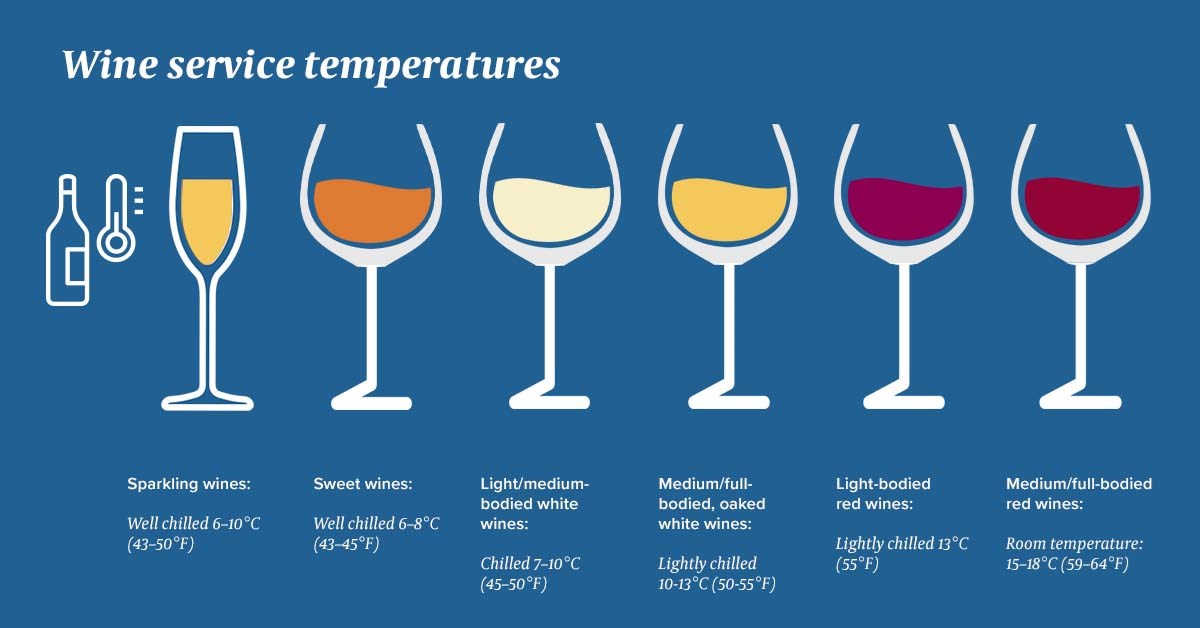Ready for Consumption: The Importance of Perfectly Chilled Wine
Post Date: August 21, 2023

For any wine enthusiast, there’s a unique joy in uncorking a bottle of wine that’s been perfectly stored and is ready for consumption. Beyond mere storage, the conditions in which a wine matures can significantly influence its final taste, aroma, and overall experience. But why is this so crucial?
1. The Science Behind the Sip
At different temperatures, wines release various aromatic compounds. For example, colder temperatures can suppress certain aromas in wine, whereas warmer temperatures might enhance them. This balance ensures that when you take that first sip, you’re experiencing the wine precisely as the winemaker intended.
2. Taste and Texture
Temperature plays a pivotal role in how we perceive the flavors and textures of wine. White wines served too cold can taste muted, while those served too warm might taste overly alcoholic. Red wines, on the other hand, can seem astringent when too cool but can become flabby and lose their structure when too warm.
3. Preservation of Delicate Flavors
Wines, especially whites and rosés, have delicate flavor compounds that can degrade with exposure to warmer temperatures. Proper chilling ensures these flavors are preserved, ensuring the best taste possible when it’s time to consume.
4. Enhancing the Experience
A well-chilled bottle of wine not only improves taste but also the overall drinking experience. The act of pouring a cold wine, observing the droplets condense on the glass, and savoring its refreshing taste elevates the experience, especially on a warm day.
5. Avoiding the Pitfalls
Storing wines in inadequate conditions can lead to several issues:
- Oxidation: When wine gets exposed to air, it can lead to a flat taste and a brownish color, especially in white wines.
- Sedimentation: Especially in older red wines, improper temperatures can cause tannins to form sediments.
- Premature Aging: Wines stored in warm conditions can age faster, losing their character and vibrancy.
The Ideal Temperature
While the perfect temperature can vary based on the wine type:
- Light white wines, rosés, and sparkling wines: 40-50°F (4-10°C)
- Full-bodied white wines and light reds: 50-60°F (10-15°C)
- Rich reds: 60-65°F (15-18°C)
Remember, while these are general guidelines, personal preference also plays a role. Some wine enthusiasts might prefer their red slightly cooler or their white a tad warmer.
Conclusion
Ensuring wines are “ready for consumption” goes beyond merely popping them in a chiller. It’s an art that combines science, personal preference, and an understanding of each wine’s unique character. By giving wines the care and attention they deserve, you ensure that every sip is a testament to its journey from the vineyard to your glass.








